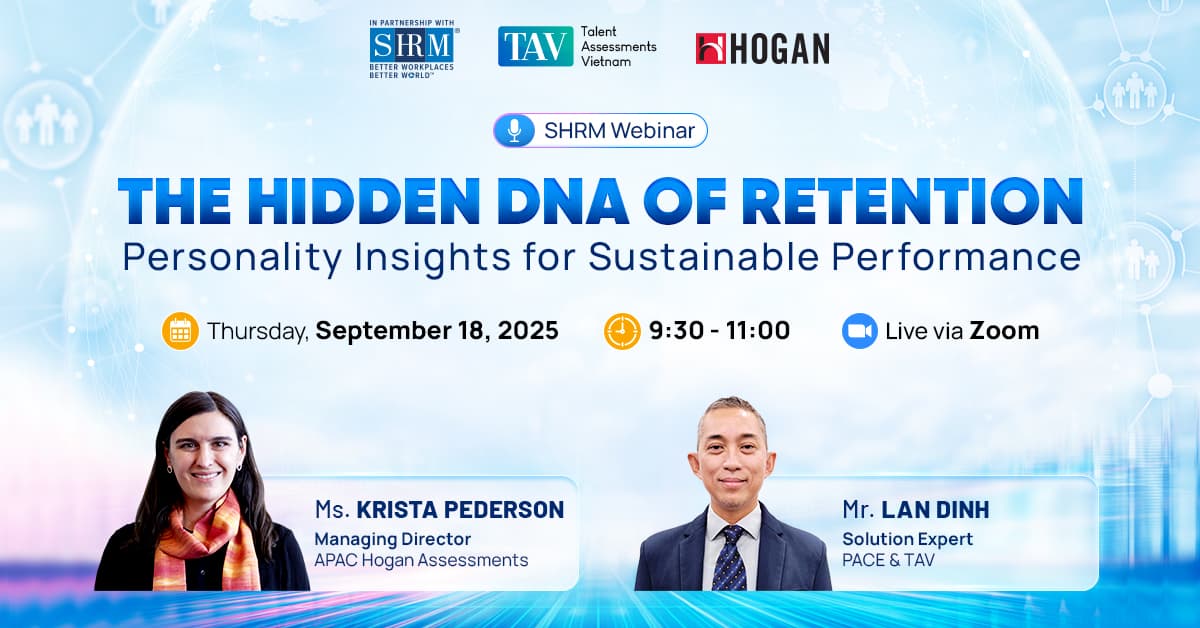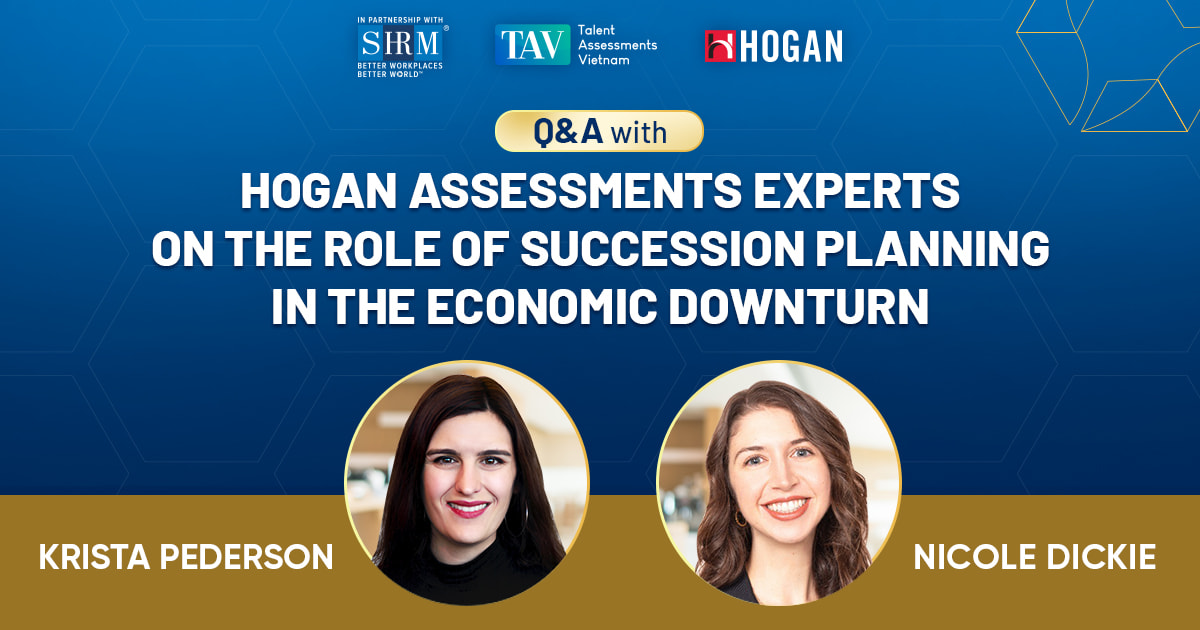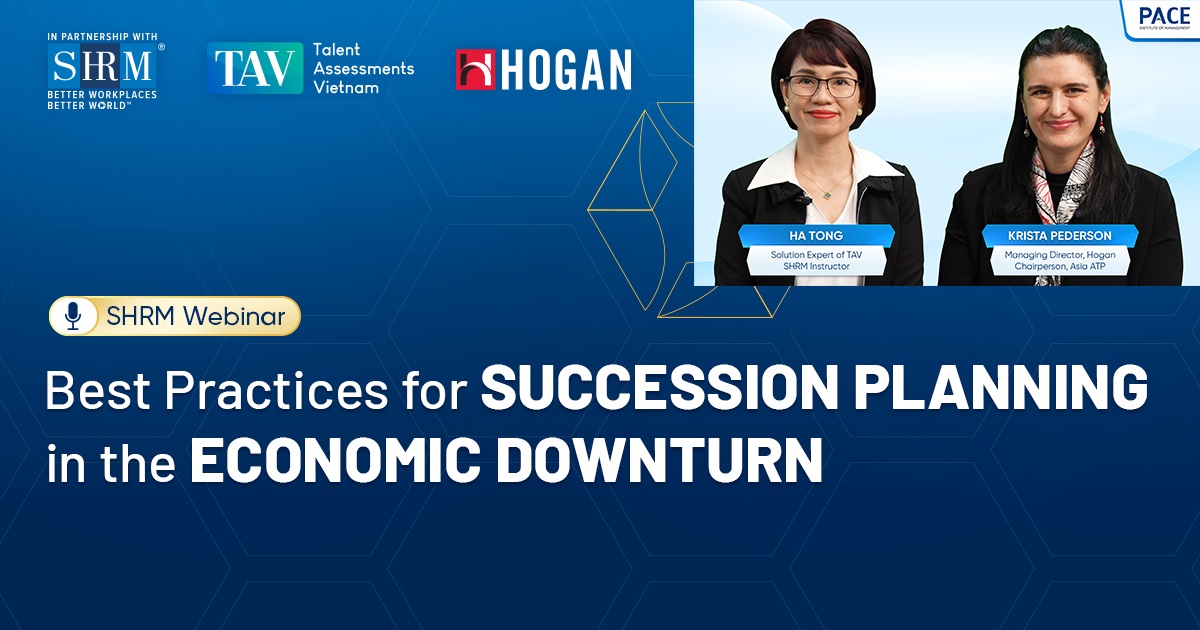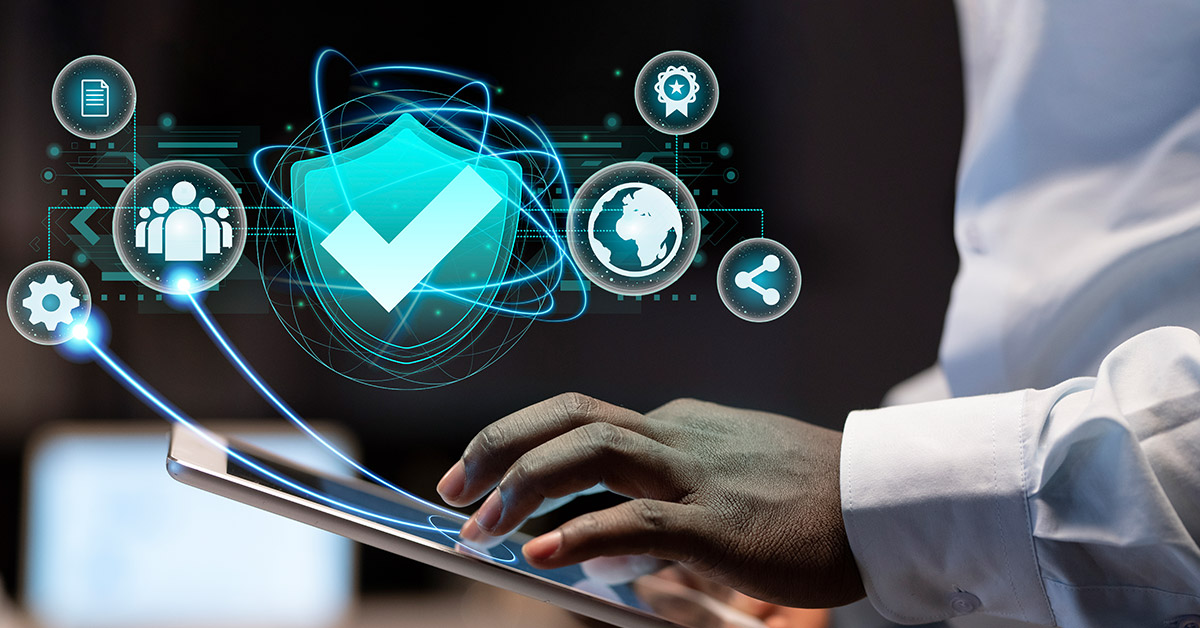WHY EMPATHETIC HR LEADERS ARE MORE EFFECTIVE?
Empathy is a critical HR leadership skill. It helps build and sustain positive workplace relationships, foster diversity and inclusion, encourage cooperation and collaboration, and facilitate conflict management.
Steve Browne, SHRM-SCP, a member of the SHRM board of directors, discovered the power of empathy very early in his career. As a newly hired HR generalist for a manufacturing startup, he received his first major assignment directly from the CEO: He had 30 days to learn the names of every employee, where they worked and what they did.
It was a daunting prospect. The company had three manufacturing locations (with two shifts at each) and a corporate office.
He immediately began reading every employee file and then met personally with every employee in the corporate office and two of the plants. The third plant was out-of-state, so the plant manager there provided the necessary information about the people who worked for him.
On Day 30, the CEO drilled Browne relentlessly for two solid hours, alert for even the slightest mistake. Afterward he welcomed him aboard with this cautionary note: "You are here for my people. If you ever forget that, I don't need you."
Today, as the executive director of HR at LaRosa's Inc., in Cincinnati and the author of HR on Purpose!! (SHRM, 2017), Browne is adamant that HR practitioners can only be effective if they commit themselves to building strong relationships at every level, based on trust, respect and empathy.
Steve Browne, SHRM-SCP, a member of the SHRM board of directors, discovered the power of empathy very early in his career. As a newly hired HR generalist for a manufacturing startup, he received his first major assignment directly from the CEO: He had 30 days to learn the names of every employee, where they worked and what they did.
It was a daunting prospect. The company had three manufacturing locations (with two shifts at each) and a corporate office.
He immediately began reading every employee file and then met personally with every employee in the corporate office and two of the plants. The third plant was out-of-state, so the plant manager there provided the necessary information about the people who worked for him.
On Day 30, the CEO drilled Browne relentlessly for two solid hours, alert for even the slightest mistake. Afterward he welcomed him aboard with this cautionary note: "You are here for my people. If you ever forget that, I don't need you."
Today, as the executive director of HR at LaRosa's Inc., in Cincinnati and the author of HR on Purpose!! (SHRM, 2017), Browne is adamant that HR practitioners can only be effective if they commit themselves to building strong relationships at every level, based on trust, respect and empathy.

Why Empathy Is an Essential HR Leadership Skill
Empathy is the ability to place yourself (psychologically speaking) in another person's shoes—to understand their thoughts, feelings and perspective. Empathy makes it possible to work cooperatively with people who have very different experiences, preferences, styles and opinions.
"Empathy is not a soft skill," Browne said. "It's a business skill. HR practitioners can't be effective in their jobs if they don't know how to be empathetic."
He prides himself on being approachable, practicing "management by walking around." Instead of barricading himself in his office and waiting for people to come to him with their problems, he prefers to mingle informally with his colleagues and co-workers to really get to know them. Then, when problems emerge, he has a pre-existing relationship that makes it easier to place information in context, give constructive feedback and tactfully resolve tricky situations.
A study of 400 leaders, conducted by DDI, a global HR consulting company headquartered in Pittsburgh, found that empathy is the leadership skill most strongly and consistently linked to performance.
"Leaders who were weaker in empathy were weaker in job performance," said Evan Sinar, Ph.D., chief scientist and vice president at DDI. "It is also the leadership skill that most leaders struggle with. Only 40 percent demonstrate that effectively."
HR leaders may have a competitive advantage in this regard. When DDI assessed the empathy levels of 37,000 front-line leaders using online simulations, HR outperformed other functional leaders in empathy-related skills like building organizational talent, coaching, developing others and leading teams.
Empathy is a versatile, multidimensional skill that can be applied to nearly every complex HR challenge.
"HR leaders are missing an opportunity to identify the connection points where they can translate their empathy into different HR functions in a more compelling way," Sinar said.
It is especially useful, he said, as a change management tool.
Creating a More Empathetic Culture
When Belinda Parmar founded Lady Geek, a U.K.-based consulting firm that advocates for women in technology, she was surprised to discover that gender inequality is often fueled by a lack of empathy. Her team subsequently created the Empathy Index tool to assess corporate empathy levels and identify empathy deficits.
The 2016 Empathy Index showed that companies that successfully create empathetic cultures retain the best talent, create environments where diversity is valued and reap greater financial rewards. The top 10 companies in the 2015 Global Empathy Index increased in value more than twice as much as the bottom 10 and generated 50 percent more earnings.
A meaningful assessment process can identify trouble spots where behaviors and activities communicate a lack of empathy, and then leaders can devise both cultural and programmatic solutions at each level of the business.
Coaching and mentoring are particularly effective ways to cultivate a more empathetic culture. These relationships may spring up spontaneously or be part of a more formalized program that pairs people based on compatibility, need and availability.
Nontraditional and less hierarchical models are emerging such as reverse mentoring and digital coaching. They provide a framework for people from different generations to better understand, relate to and work with each other. Peer coaching and buddy mentoring relationships foster collaboration and camaraderie.
Empathy and Sexual Harassment
There is an unprecedented awareness of the pervasiveness of sexual misconduct in the workplace. As employees feel emboldened to share their stories on social media, companies that ignore their stories are risking great harm to their culture and brand.
Traditionally, HR is perceived as being more interested in protecting the company from lawsuits than accusers from harassment, particularly when a high performer or someone in a position of power is involved.
HR professionals can repair that reputational damage by making it clear to employees that their claims will be taken seriously, and that everyone involved will be treated with dignity and respect. There may be a temptation to rush to judgment without fully understanding and investigating the complaint. So it is important to keep an open mind and listen to all of the facts in a harassment allegation before drawing any conclusions.
When a 20-something restaurant employee complained that she was being harassed by a co-worker, Browne encouraged her to share her experiences. Recognizing that she might be uncomfortable telling her story to a middle-aged man, he invited a younger, female HR generalist to attend the meeting with him.
After listening to her story, Browne thanked her for coming forward and explained what the rest of the investigative process would entail. Then he met with the young man to hear his side of the story. After listening carefully to his (profanity-laced) defense, Browne calmly explained why that behavior was unacceptable and why he was being terminated.
This was a teachable moment for his HR staffer as well. By modeling the appropriate attitude and behavior and educating her about the process, he was helping to ensure that all claims were treated in a consistent manner, regardless of who was investigating them.
His advice? "Don't make any assumptions. Listen to everything. Never discredit anyone. Then address the issue," Browne said.

Beware Digital Communication Challenges
When it comes to communicating via technology, there's likely to be a generational divide between digital natives for whom doing so is second nature and digital immigrants who are newer to the experience.
"To digital immigrants, [communication by technology] feels less immediate and less effective in expressing subtle emotions than the old face-to-face approach," said Dr. Gary Small, professor of psychiatry and biobehavioral sciences at the University of California, Los Angeles.
Small also worries that constant exposure to all sorts of images and information desensitizes and dehumanizes people, causing them to lose perspective and compassion.
"We are concerned that all this technology time interferes with learning and development of basic empathy," Small said. "This empathy deficit is not limited to young adults. Empathy is learned, but it can be unlearned as well."
Awareness is key to learning empathy, and technology can distract us from paying attention to the people around us. How many people routinely text (or check their phones) during conversations or meetings? Despite its popularity, multitasking diminishes the quality of attention. If your eyes are glued to your phone, you're not emotionally connected or attentive to the other people in the room.
"You have to put down the phone and be fully present," Browne said.
But the power of technology can also be used for good. Technology can broaden your reach, especially to enhance
relationships rather than undermine them. One HR manager likes to give quick feedback via text to recognize, support and grow his team. Another stays connected to his colleagues via Twitter.
"There's always a people side to data and technology," Sinar said. "People are the ones that make things run."
Learning to Be More Empathetic
You can learn empathy through patience, practice and persistence.
Patrick Ewers, an executive coach and founder of Mindmaven, a network marketing and relationship management company in San Francisco, offers the following tips:
It is also essential to your own well-being. HR professionals often feel isolated from the people that they work for and with. By working to build an empathetic culture and becoming more empathetic yourself, you will likely enhance your own success and satisfaction.
When it comes to communicating via technology, there's likely to be a generational divide between digital natives for whom doing so is second nature and digital immigrants who are newer to the experience.
"To digital immigrants, [communication by technology] feels less immediate and less effective in expressing subtle emotions than the old face-to-face approach," said Dr. Gary Small, professor of psychiatry and biobehavioral sciences at the University of California, Los Angeles.
Small also worries that constant exposure to all sorts of images and information desensitizes and dehumanizes people, causing them to lose perspective and compassion.
"We are concerned that all this technology time interferes with learning and development of basic empathy," Small said. "This empathy deficit is not limited to young adults. Empathy is learned, but it can be unlearned as well."
Awareness is key to learning empathy, and technology can distract us from paying attention to the people around us. How many people routinely text (or check their phones) during conversations or meetings? Despite its popularity, multitasking diminishes the quality of attention. If your eyes are glued to your phone, you're not emotionally connected or attentive to the other people in the room.
"You have to put down the phone and be fully present," Browne said.
But the power of technology can also be used for good. Technology can broaden your reach, especially to enhance
relationships rather than undermine them. One HR manager likes to give quick feedback via text to recognize, support and grow his team. Another stays connected to his colleagues via Twitter.
"There's always a people side to data and technology," Sinar said. "People are the ones that make things run."
Learning to Be More Empathetic
You can learn empathy through patience, practice and persistence.
Patrick Ewers, an executive coach and founder of Mindmaven, a network marketing and relationship management company in San Francisco, offers the following tips:
- Actively listen more than you speak. "It's so easy to get caught up explaining something [that] you forget to listen," Ewers said. An empathetic person listens first and only speaks after hearing what the other person is saying.
- Express your perspective. After you've heard what the other person has to say, share how you think you'd feel in the same situation.
- Be vulnerable. Share a story of your own about when you encountered a similar situation or problem. This softens the situation and makes you more relatable.
- Don't make assumptions. Assumptions interfere with your ability to empathize. To be truly empathetic you have to let go of preconceived notions that are not based on true understanding or experience. "Take time to listen and don't rush to judgment," Ewers said.
- Use your imagination. It's impossible to have experienced every situation that others share with you. So you need to use your imagination to better understand how the other person is feeling. Fiction books can be a great way to experiment with trying to get into the mind and heart of a character whose experiences are profoundly different from your own.
It is also essential to your own well-being. HR professionals often feel isolated from the people that they work for and with. By working to build an empathetic culture and becoming more empathetic yourself, you will likely enhance your own success and satisfaction.
Source: SHRM.ORG
|
Training Program INTERNATIONAL HUMAN RESOURCE MANAGEMENT/IHRM
Internationalize the human resource management capabilities of HR professionals in Vietnam
Opening Date: Stember 13, 2018 in HCMC
Opening Date: Stember 20, 2018 in Hanoi
|








